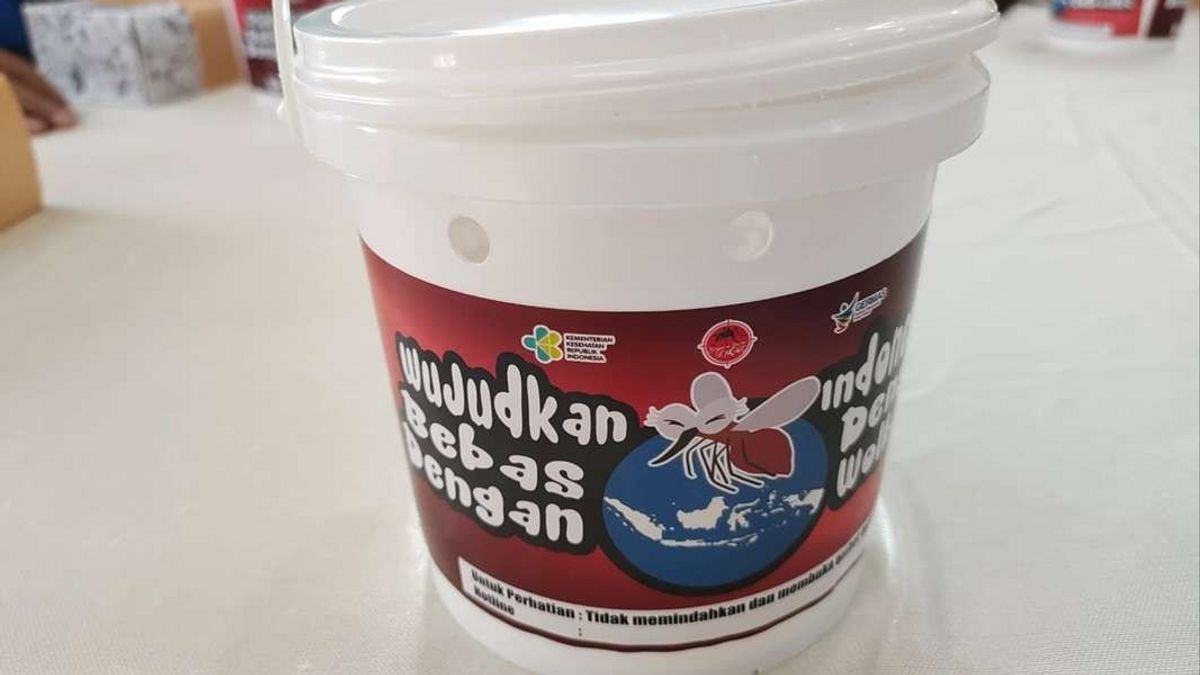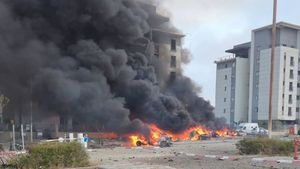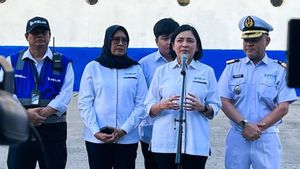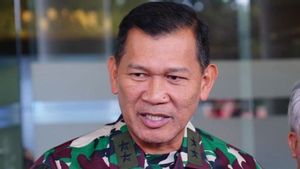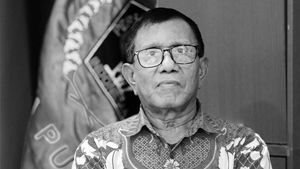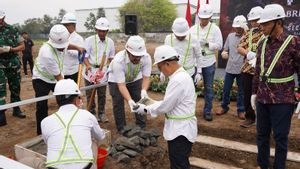Head of the Bandung City Health Office (Dinkes), Anhar Hadian, appealed to the public to be more active in efforts to eradicate dengue hemorrhagic fever (DHF). As of November 2024, there were 7,310 cases of dengue fever that occurred in Bandung.
He also highlighted environmental factors as the cause of the high number of dengue cases. The puddle of water from garbage that is not transported, especially during the rainy season, becomes the ideal place for Aedes Aegypti mosquitoes to breed.
"If garbage is allowed to accumulate, plus rain every day, then the potential for the spread of dengue will increase," said Anhar on the West Java Provincial Government website.
As a preventive measure, the Bandung City Health Office promoted the Mosquito Nest Eradication Movement (PSM) and appealed to each house to have one larva monitoring interpreter (jumantik).
VOIR éGALEMENT:
"We encourage the movement of one house to be one jumantik. Don't just rely on puskesmas officers. In offices there also needs to be special officers to check mosquito larvae," said Anhar again.
In addition, the Wolbachia program has also been implemented in two locations in Bandung, namely Ujungberung and Kiaracondong sub-districts, as a long-term effort to control the population of mosquitoes carrying the Aedes aegypti virus.
"This Wolbachia program, God willing, will run, but indeed the results are long term, maybe up to 12 years away," he said.
Anhar further hopes that the public is more aware of the importance of preventing dengue fever through environmental cleanliness and early detection.
"The PSM and jumantik movements must become daily habits. With joint efforts, we can reduce the number of dengue cases in the city of Bandung," he said.
The English, Chinese, Japanese, Arabic, and French versions are automatically generated by the AI. So there may still be inaccuracies in translating, please always see Indonesian as our main language. (system supported by DigitalSiber.id)
